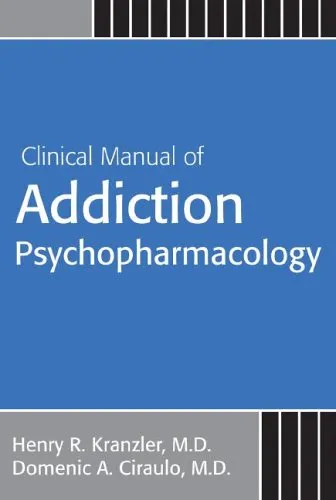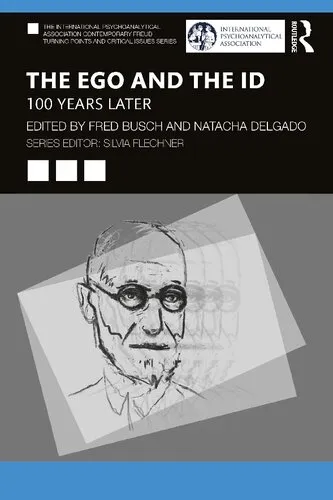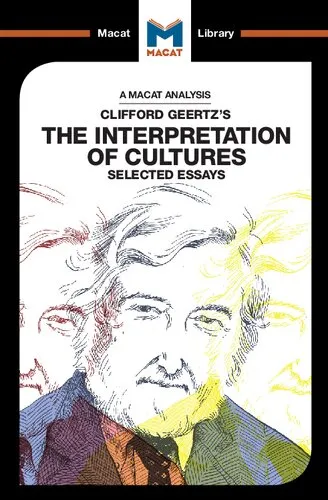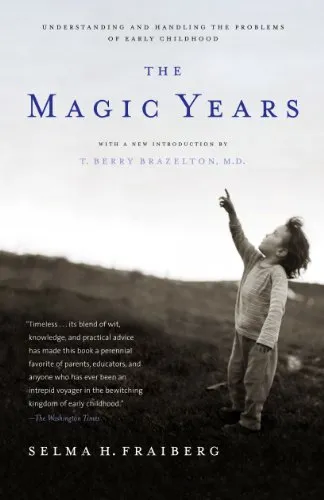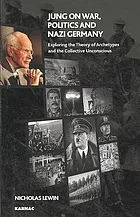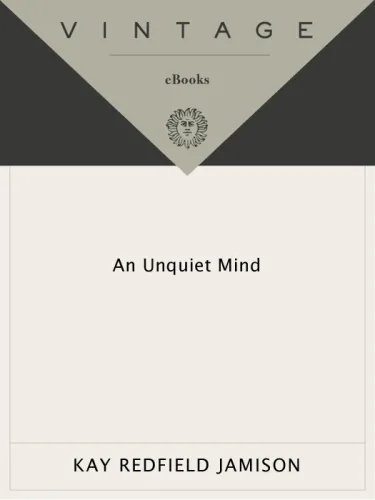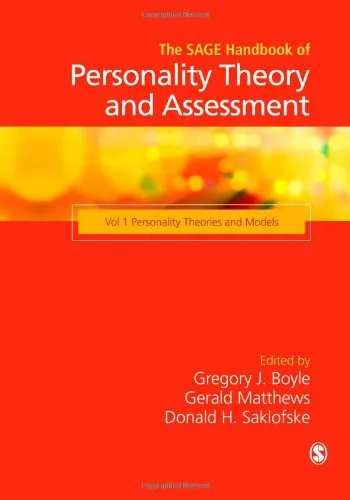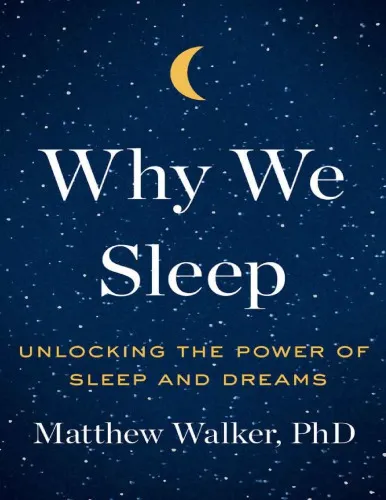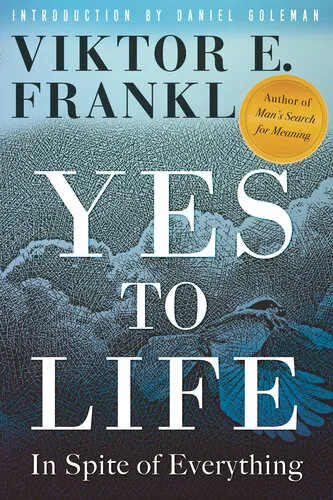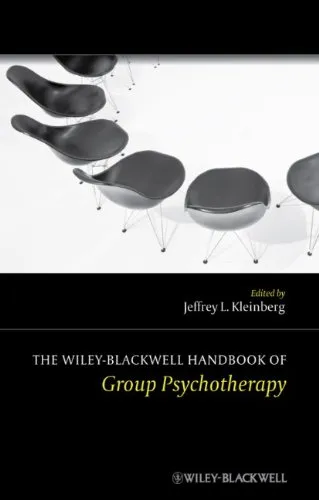Clinical Manual of Addiction Psychopharmacology
4.5
Reviews from our users

You Can Ask your questions from this book's AI after Login
Each download or ask from book AI costs 2 points. To earn more free points, please visit the Points Guide Page and complete some valuable actions.Related Refrences:
Introduction to 'Clinical Manual of Addiction Psychopharmacology'
The field of addiction psychopharmacology is at the intersection of neuroscience, psychiatry, and substance use treatment, offering crucial insights into managing the complex interplay of mental health disorders and addiction. The book, Clinical Manual of Addiction Psychopharmacology, is an authoritative guide that equips clinicians, researchers, and healthcare professionals with indispensable tools to better understand and manage substance use disorders through evidence-based psychopharmacological interventions. \tthis book has been written carefully considering contemporary issues.
Summary of the Book
This comprehensive manual provides a detailed examination of the pharmacological aspects of addiction, exploring the latest advancements in medications used to treat substance use disorders (SUDs), while also presenting a thorough overview of the neuroscientific mechanisms underlying addiction. The book combines clinical applicability with rigorous research, offering a nuanced understanding of how pharmacotherapy can be integrated into addiction treatment models. Throughout its chapters, the book delves deeply into key topics, such as the neurobiological basis of addiction, pharmacokinetics and pharmacodynamics of psychotropic medications, and modern approaches to detoxification and long-term recovery maintenance. It encompasses the pharmacological management of various substances, including alcohol, opioids, nicotine, stimulants, and sedatives. The authors also emphasize co-occurring psychiatric disorders and their treatment alongside addiction, ensuring that readers understand the complexities of dual-diagnosis cases. By combining theoretical content with practical recommendations, the manual helps bridge the gap between research and clinical practice, making it an invaluable resource for both seasoned addiction specialists and those new to the field.
Key Takeaways
- Scientific Foundation: Explore the neurobiology of addiction to better understand its root causes and the pharmacological targets for treatment.
- Comprehensive Drug Insights: Detailed discussions of FDA-approved medications, off-label uses, and experimental drugs in treating addiction.
- Dual Diagnosis: Effective strategies for managing co-occurring psychiatric conditions, such as depression, anxiety, and psychosis, in individuals with SUDs.
- Patient-Centered Care: Practical tips for personalizing addiction treatments and achieving better patient outcomes.
- Simplified for Practice: Clear guidelines for dosing, side effect management, and addressing medication adherence challenges.
Famous Quotes from the Book
"Effective treatment of substance use disorders begins with understanding that addiction is a chronic, relapsing brain disease that requires as much scientific rigor and compassion as any other medical illness."
"Pharmacotherapy is not a cure; it is an indispensable tool in reducing suffering, preventing relapse, and supporting the journey to recovery."
Why This Book Matters
Addiction continues to be one of the most pressing public health concerns globally, impacting individuals, families, and communities. The importance of understanding and addressing substance use disorders is underscored by ongoing trends in the opioid epidemic, the rise of synthetic drugs, and the aftermath of the COVID-19 pandemic on mental health and addiction rates. The Clinical Manual of Addiction Psychopharmacology is not just another academic resource—it is a clinical compass for navigating the complexities of addiction treatment. By offering strategies grounded in the latest empirical research, it provides practitioners with the confidence needed to tackle challenging cases, make informed pharmacological decisions, and, ultimately, change lives. The manual places a strong emphasis on integrated care models, reminding readers that addiction recovery is not isolated from the broader context of mental health and wellness. It highlights the importance of working collaboratively within multidisciplinary teams, employing pharmacological tools in conjunction with psychosocial interventions to ensure patient-centered outcomes. Whether you're a psychiatrist, primary care physician, psychologist, or social worker, this book equips you with the knowledge and tools necessary to bring hope and healing to those grappling with addiction. It underscores the fact that recovery is a journey, and every clinician plays a vital role in supporting patients along that path.
Free Direct Download
You Can Download this book after Login
Accessing books through legal platforms and public libraries not only supports the rights of authors and publishers but also contributes to the sustainability of reading culture. Before downloading, please take a moment to consider these options.
Find this book on other platforms:
WorldCat helps you find books in libraries worldwide.
See ratings, reviews, and discussions on Goodreads.
Find and buy rare or used books on AbeBooks.
